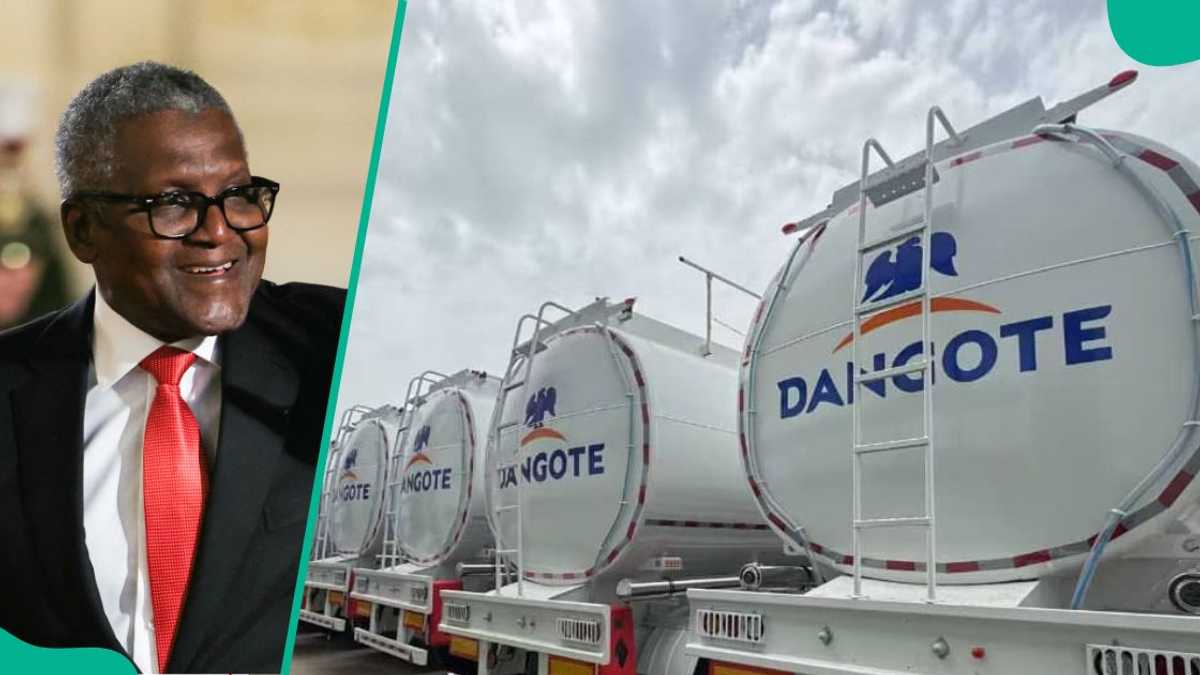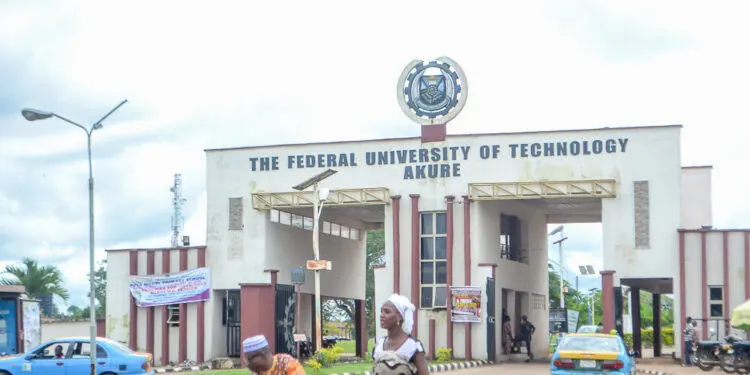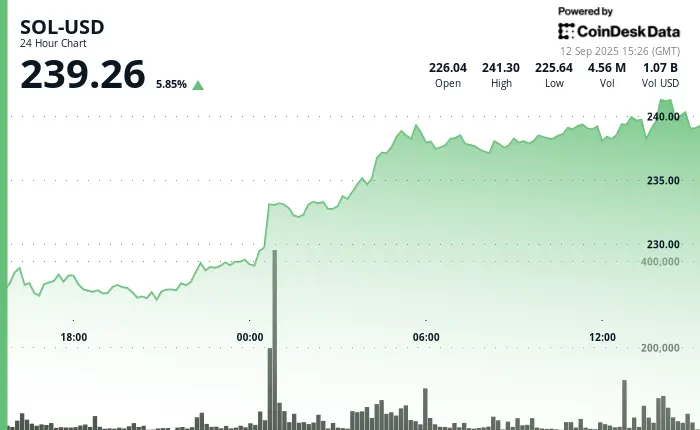By Bayo Olupohunda,Pascal Oparada
Copyright legit

Chairman of the Dangote Group, Aliko Dangote, has lifted the lid on how much truck drivers at the company earn monthlyThe billionaire explained at a press conference that the drivers earn more than most graduates and four times Nigeria’s minimum wageDangote’s explanation came amid a feud with the tanker drivers’ union, which accused the industrialist of jeopardising their jobs
Pascal Oparada, a reporter for Legit.ng, has over ten years of experience covering technology, energy, stocks, investment, and the economy.
Africa’s richest man, Aliko Dangote, has disclosed that truck drivers in his refinery operations earn more than many graduates in Nigeria.
Speaking at a press conference on Monday, he revealed that the salaries range between ₦210,000 and ₦280,000 per month, three to four times Nigeria’s new minimum wage of ₦70,000.
Salary comparisons across sectors
“Our drivers earn more than graduates; if you look at what they earn a month, it’s almost four times the minimum wage,” Dangote stated.
He added that drivers with five years of accident-free records could also qualify for housing loans, making the role even more attractive.
The revelation has stirred debate, especially when compared to reports that most Nigerians earn less than ₦100,000 monthly.
According to a report by Business Insider Africa, a PiggyVest survey last year showed that over one-third of Nigerians fall within this bracket, underscoring the rarity of such high earnings for non-graduate roles.
Meanwhile, Nexford University data shows entry-level graduate jobs such as digital marketing and sales typically pay ₦150,000, while roles like content writing and customer service hover around ₦80,000 to ₦90,000.
Even technical roles such as web design average ₦200,000—still below the pay range Dangote claims for truck drivers.
Clash with union workers
Dangote’s comments come in the middle of a heated dispute with industry unions over his refinery’s plan to deploy 4,000 in-house compressed natural gas (CNG) trucks.
The initiative, expected to cut ₦1.7 trillion annually from fuel distribution costs, has drawn criticism from groups such as the Nigeria Union of Petroleum and Natural Gas Workers (NUPENG), PETROAN, and NOGASA.
These associations argue that allowing Dangote to both produce and distribute fuel could create a monopoly, threaten small businesses, and wipe out thousands of existing jobs in the supply chain.
Dangote’s response: More jobs, not fewer
Dangote dismissed fears of job losses, insisting the trucks would instead create over 24,000 jobs across logistics, maintenance, and management.
“You are saying there will be a loss of jobs, will our tankers be driven by robots? Every truck is about six people, from managers to mechanics and dispatchers. So these trucks will actually create more opportunities,” he said.
While Dangote’s announcement of higher-than-expected salaries for truck drivers highlights a rare bright spot in Nigeria’s struggling labour market, it also underscores the deeper controversy.
Bigger picture: Efficiency vs. monopoly debate
His refinery is positioning itself not only as the country’s biggest fuel producer but also as a key distributor—raising fears of market domination.
For now, the revelation that truck drivers can out-earn graduates by a wide margin has added a new twist to the debate.
It raises questions about wage disparities, the value of formal education in Nigeria’s economy, and the future of jobs in the downstream petroleum sector.
Dangote Refinery breaks silence on petrol prices in Togo
Legit.ng earlier reported that the Depot and Petroleum Products Marketers Association of Nigeria (DAPPMAN) sparked controversy this week after alleging that the Dangote Refinery sells petrol to international traders at a discount of N65 per litre compared to its Nigerian partners.
DAPPMAN’s executive secretary, Olufemi Adewole, told reporters that Nigerian importers had in some cases sourced Dangote’s petrol from traders in Lomé, Togo, at lower prices than what was offered locally.
But in a strongly worded statement on Monday, September 15, 2025, the Dangote Group rejected the accusations as “misleading and inaccurate.”
Source: Legit.ng



